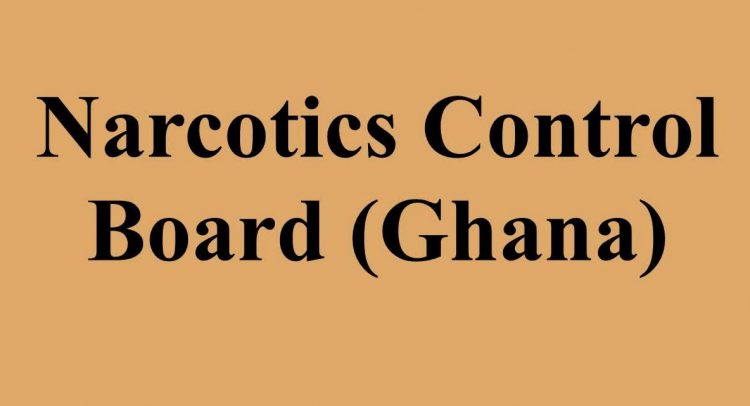Parliament has passed a bill to decriminalize the use of cannabis for health and industrial purposes.
The Narcotics Control Commission Bill, 2019 which passed its final hurdle last Friday in a unanimous decision in a voice vote in the House, also makes the country’s Narcotics Control Board (NACOB) a commission, with enhanced powers to oversee the industrial use of some narcotic substances.
Besides, the new law is placing the burden of proof on accused persons in a matter of seizures and forfeiture of property suspected to have been acquired through the proceeds of crime in the fight against illicit drugs in the country.
It has 108 clauses which have been grouped into seven sections and two schedules, and seeks to address weaknesses in the PNDC Law 236 that restricts illegal drug-related property to only confiscation, and does not adequately deal with the freezing of accounts of drug dealers.
The Narcotics Control Commission will be responsible to ensure public safety by controlling and eliminating trafficking in prohibited narcotic drugs, and prevent the illicit use of precursors, while it coordinates the treatment and rehabilitation of drug addicts.
The law also recognizes drug addiction as a complex multifactorial public health issue that is preventable and treatable, and not the result of moral failure or a criminal behaviour – thus supporting treatment over incarceration.
Under the PNDC Law 236, strategies for addressing substance use and abuse are centred on punishment, but the new Act shifts the fight from a criminal justice approach to a public health approach.
The Committee on Defence and Interior, in a report to the House, said it was imperative for the government to ensure that legislation meets current international standards with respect to narcotic offences, since the fundamental goal of drug policies are to improve the health, safety, security and socio-economic well-being of people.
It indicated that this could be done through the adoption of appropriate measures to combat illicit crop cultivation and use of narcotic drugs and psychotropic substances.
By Ernest Kofi Adu, Parliament House

